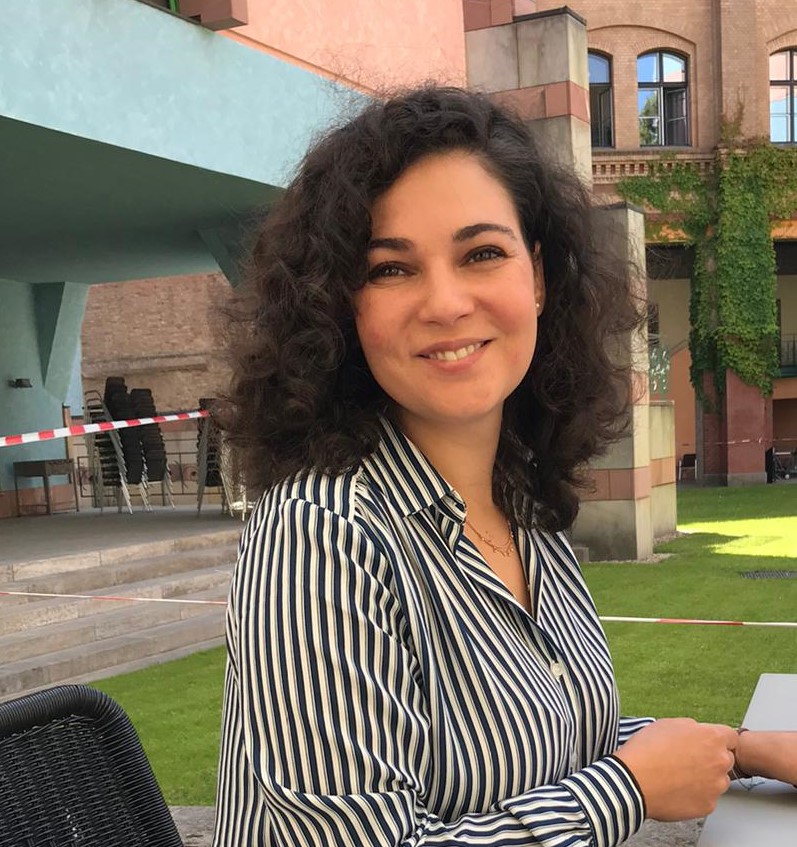Welcome!
Thank you for visiting my homepage.
I am assistant professor for Computuational Social Science at the University of Bremen. Previousl,y I was post-doctoral research fellow at the Center for Civil Society Research located at the WZB Berlin Social Science Center, where I am still associated as guest researcher. I recieved my doctorate from the European University Institute in 2020.
My research focuses on protest movements, political engagement, party competition, political communication, and applied quantitative methods, particularly quantitative text analysis and automated event extraction. Currently, my largest methodological undertaking is the automatization of Protest Event Analysis with cutting-edge methods in order to facilitate research on how protest shapes and affects modern societies. I am furthermore interested in developing new methods to measure positions, polarization, and resonance in political communication and public debate.
My work has been published in Political Science Research and Methods, European Political Science Review, Swiss Political Science Review, Forschungsjournal Soziale Bewegungen, and Zeitschrift für Vergleichende Politikwissenschaft. I am engaged in public debates on protest and electoral behaviour and have contributed expert opions to ARD, ZDF, Süddeutsche Zeitung, Deutschlandfunk, Berliner Tagesspiegel, France24, El País, NDR, rbb, among others.
News
Nov 15, 2021: Publication alert: “How the refugee crisis and radical right parties shape party competition on immigration” (w/ Theresa Gessler) out now in Political Science Research & Methods
- abstract: While the structure of party competition evolves slowly, crisis-like events can induce short-term change to the political agenda. This may be facilitated by challenger parties who might benefit from increased attention to issues they own. We study the dynamic of such shifts through mainstream parties’ response to the 2015 refugee crisis, which strongly affected public debate and election outcomes across Europe. Specifically, we analyse how parties changed their issue emphasis and positions regarding immigration before, during, and after the refugee crisis. Our study is based on a corpus of 120,000 press releases between 2013 and 2017 from Austria, Germany, and Switzerland. We identify immigration-related press releases using a novel dictionary and estimate party positions. The resulting monthly salience and positions measures allow for studying changes in close time-intervals, providing crucial detail for disentangling the impact of the crisis itself and the contribution of right-wing parties. While we provide evidence that attention to immigration increased drastically for all parties during the crisis, radical right parties drove the attention of mainstream parties. However, the attention of mainstream parties to immigration decreased toward the end of the refugee crisis and there is limited evidence of parties accommodating the positions of the radical right.
- more: replication files, summary on twitter,
Coverage of the German federal election
- I wrote a small piece on the developments during the election night, which was published in El País (in Spanish) and on Agenda Pública (in English)
Publication alert: “What’s in a buzzword?” (w/ Fred Paxton) out now in Political Science Research & Methods
-
abstract: Although attention to populism is ever-increasing, the concept remains contested. This paper provides a comprehensive overview of populism research and identifies tendencies to a conflation of host ideologies and populism in political science through a two-step analysis. First, we conduct a quantitative review of 884 abstracts from 2004 to 2018 using text-as-data methods. We show that scholars sit at “separate tables,” divided by geographical foci, methods, and host ideologies. Next, our qualitative analysis of 50 articles finds a common conflation of populism with other ideologies, resulting in the analytical neglect of the former. We, therefore, urge researchers to properly distinguish populism from “what it travels with” and engage more strongly with the dynamic interlinkages between thin and thick ideologies.
-
more: replication files, summary on twitter,
